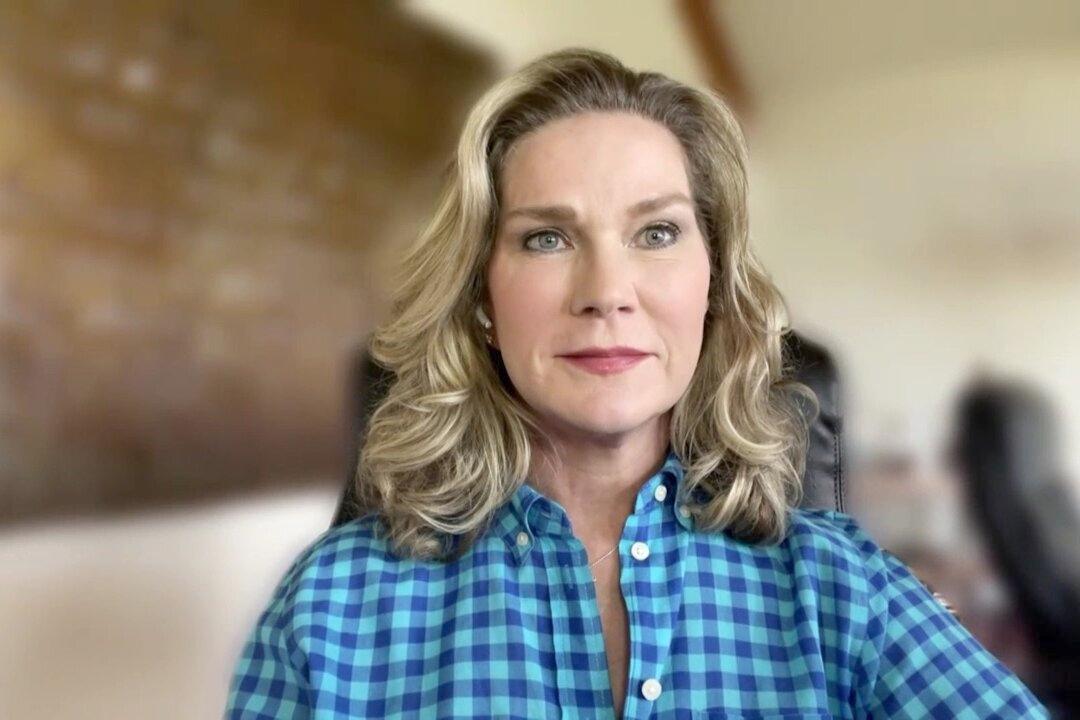After the upcoming midterm elections, all 3,006 counties in the 50 states and territories across the United States should scrub their voter rolls clean and require voters to re-register in order to cast ballots in the next election, urges True the Vote’s Catherine Engelbrecht.
Doing so is a sure-fire way to enhance the integrity of the 2024 election result, Engelbrecht said, who has been advocating for election reform for more than a dozen years since founding True the Vote (TTV), a Texas-based nonprofit dedicated to exposing and remedying voter fraud.





